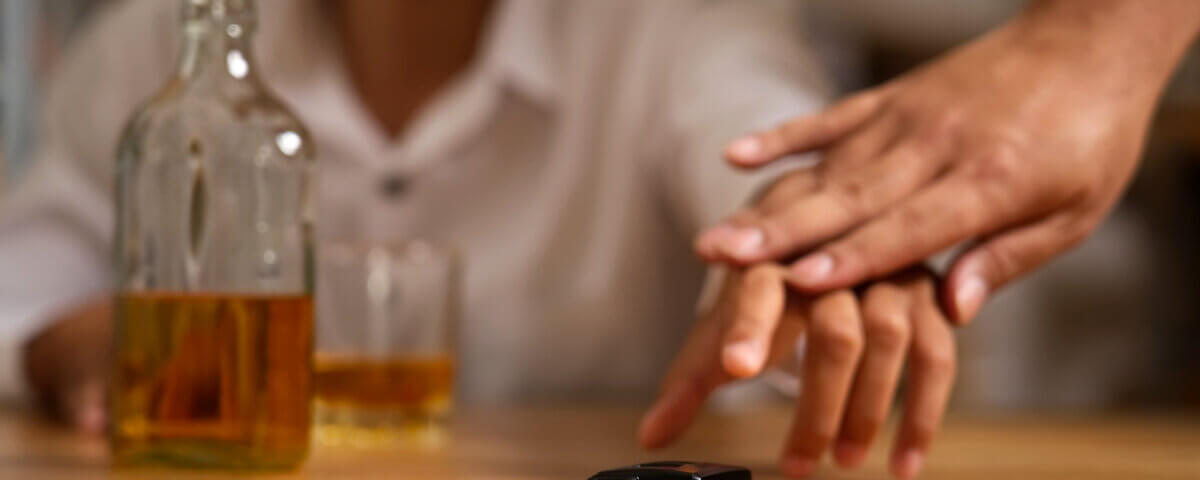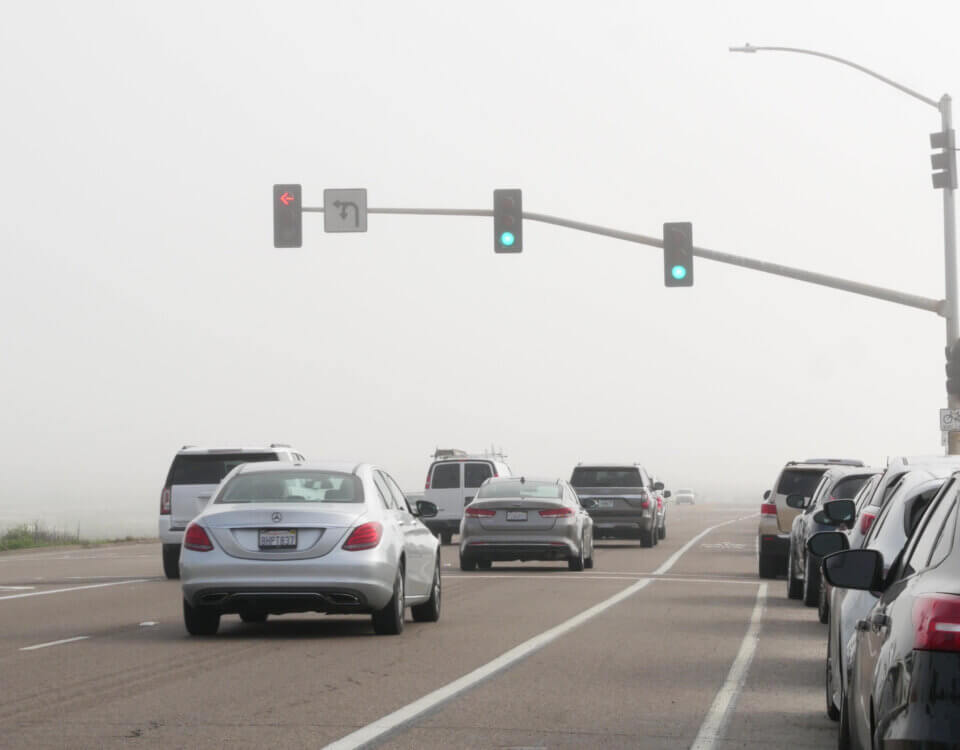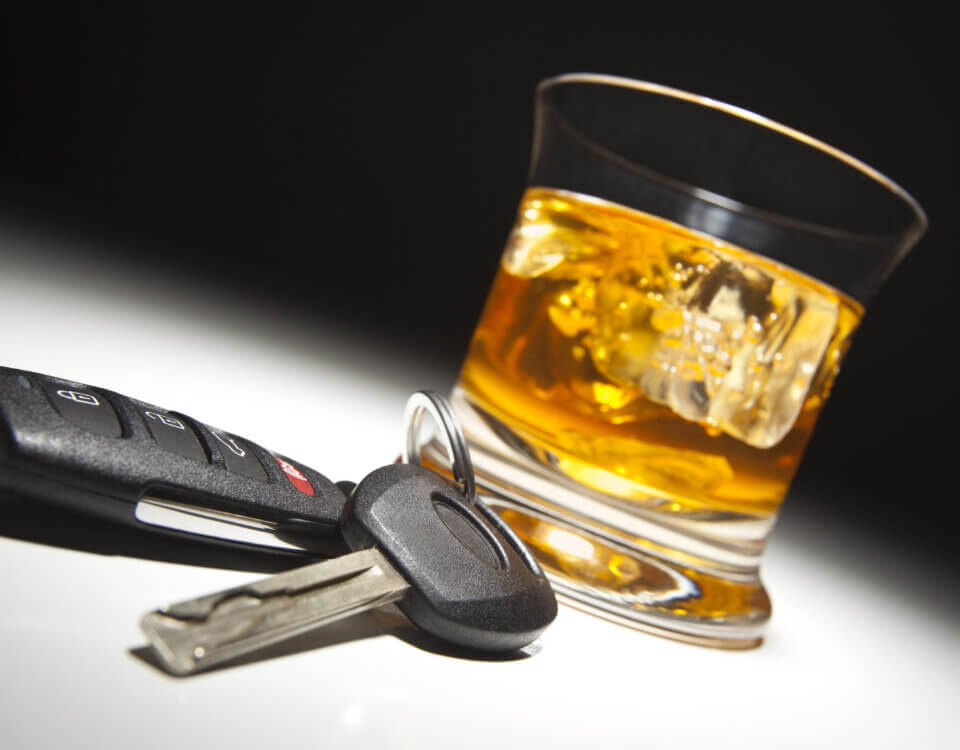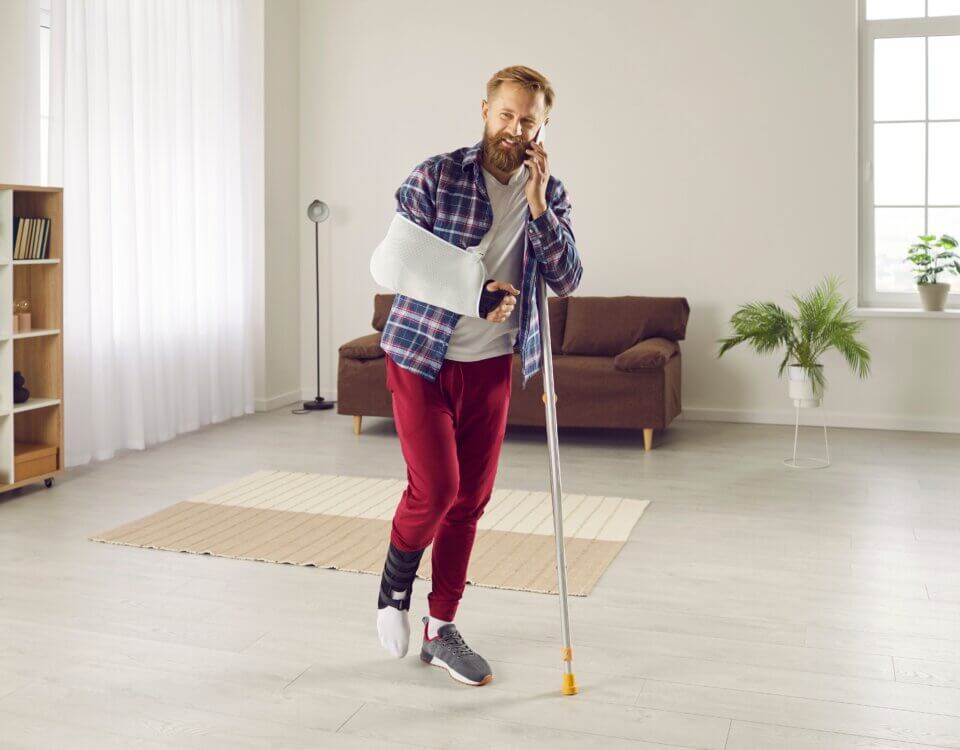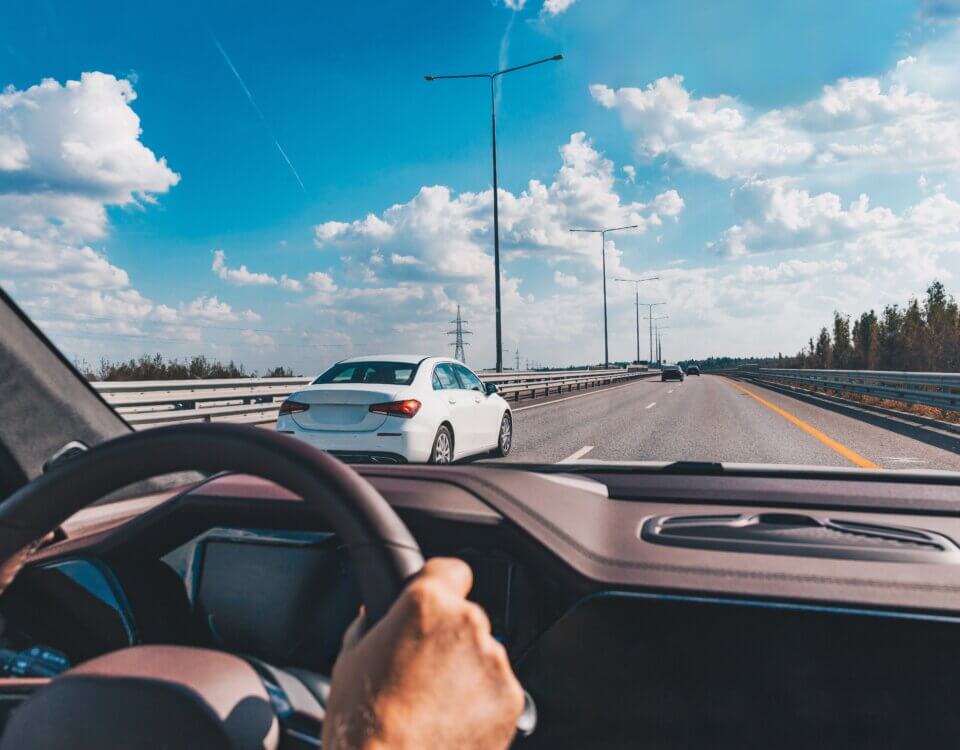A lot of drivers assume that having one drink is harmless. You feel fine, you feel alert, and you believe you are safe to drive. But the truth is simple. The only truly safe number of drinks before driving is zero.
How One Drink Affects Your Ability to Drive
Alcohol begins affecting the brain as soon as it enters your system. Even one drink can cause:
- Slower reaction time
- Reduced coordination
- Difficulty multitasking
- Delayed judgment
- A false sense of confidence
These changes start long before you feel drunk. You may think you are functioning normally, but your driving ability is already impaired.
Legal Limits Do Not Equal Safety
California’s legal limit for most adult drivers is a blood alcohol content of 0.08 percent. But driving can be unsafe well before reaching that number.
Under the law, you can be arrested for driving under the influence even with a BAC under 0.08 if an officer determines that alcohol is affecting your driving.
For certain groups, the legal limits are even stricter:
- Commercial drivers have a limit of 0.04 percent
- Drivers under 21 have a limit of 0.01 percent
These numbers show how seriously the state takes impaired driving at any level.
Why One Drink Affects People Differently
The impact of a single drink depends on many factors:
- Your weight and body composition
- How quickly you drank it
- Whether you ate beforehand
- Your metabolism
- The type and strength of the drink
- Medical conditions or medications
Because everyone processes alcohol differently, there is no safe universal rule like one drink per hour.
The Real World Consequences of Driving After One Drink
Even if you feel normal, one drink can lead to:
- Traffic citations
- A DUI arrest
- A suspended license
- Increased insurance rates
- Accidents caused by slow reactions or misjudgments
- Liability in a civil lawsuit if a crash occurs
- Challenges proving you were sober once the police or insurers get involved
Insurance companies often argue that any amount of alcohol contributed to a collision, even if it was just one drink.
Why You Should Always Err on the Side of Caution
The risks outweigh the convenience every time. It only takes one miscalculation, one distraction, or one slower reaction for a collision to happen. If there was any drinking at all, even tiny amounts, everything becomes harder to defend and investigate.
If you are unsure whether you should drive, the answer is simple. Do not do it.
How Hillstone Law Can Help After an Accident Involving Alcohol
If you were injured by a driver who had been drinking or if someone claims you were impaired after a single drink, Hillstone Law can help. Our team will:
- Investigate how alcohol impacted the situation
- Review police reports and evidence
- Assess driving behavior before the crash
- Protect your rights against unfair accusations
- Build a strong case for compensation if you were the injured party
- Defend your position if alcohol is being used against you
We understand how quickly one drink can turn into a complicated legal battle.
Final Takeaway
One drink might make you feel fine, but it does not guarantee safe driving. The safest and smartest choice is always to avoid driving after consuming any amount of alcohol.
If an accident happened and alcohol is being discussed in any way, Hillstone Law is ready to step in, protect your rights, and fight for the best possible outcome.
Note: These blog posts are created solely for the use of Hillstone Law. The information is gathered from internet research, publicly available sources, and artificial intelligence (AI) tools such as ChatGPT. While we aim to share helpful and educational content, Hillstone Law does not independently verify every detail. Some information may be incomplete, outdated, or subject to change without notice. If you believe any part of a post is inaccurate, misleading, or infringes upon copyright, please contact Hillstone Law immediately so we can review it and take appropriate action, including correction or removal.
Disclaimer: The material provided in these blogs is for general informational purposes only and should not be considered legal advice. Reading these posts does not create, and is not intended to create, an attorney-client relationship with Hillstone Law. Our intent is to share knowledge, raise awareness, and provide helpful resources to the public; however, Hillstone Law makes no warranties or guarantees about the accuracy, completeness, or reliability of the information provided, and expressly disclaims liability for any actions taken in reliance on it. The photos used in these posts are for illustrative purposes only and do not depict actual clients, individuals, or incidents unless expressly stated. If you or a loved one has been injured in an accident, please contact Hillstone Law at (855) 691-1691. Our attorneys are available to answer your legal questions and help you understand your rights.

